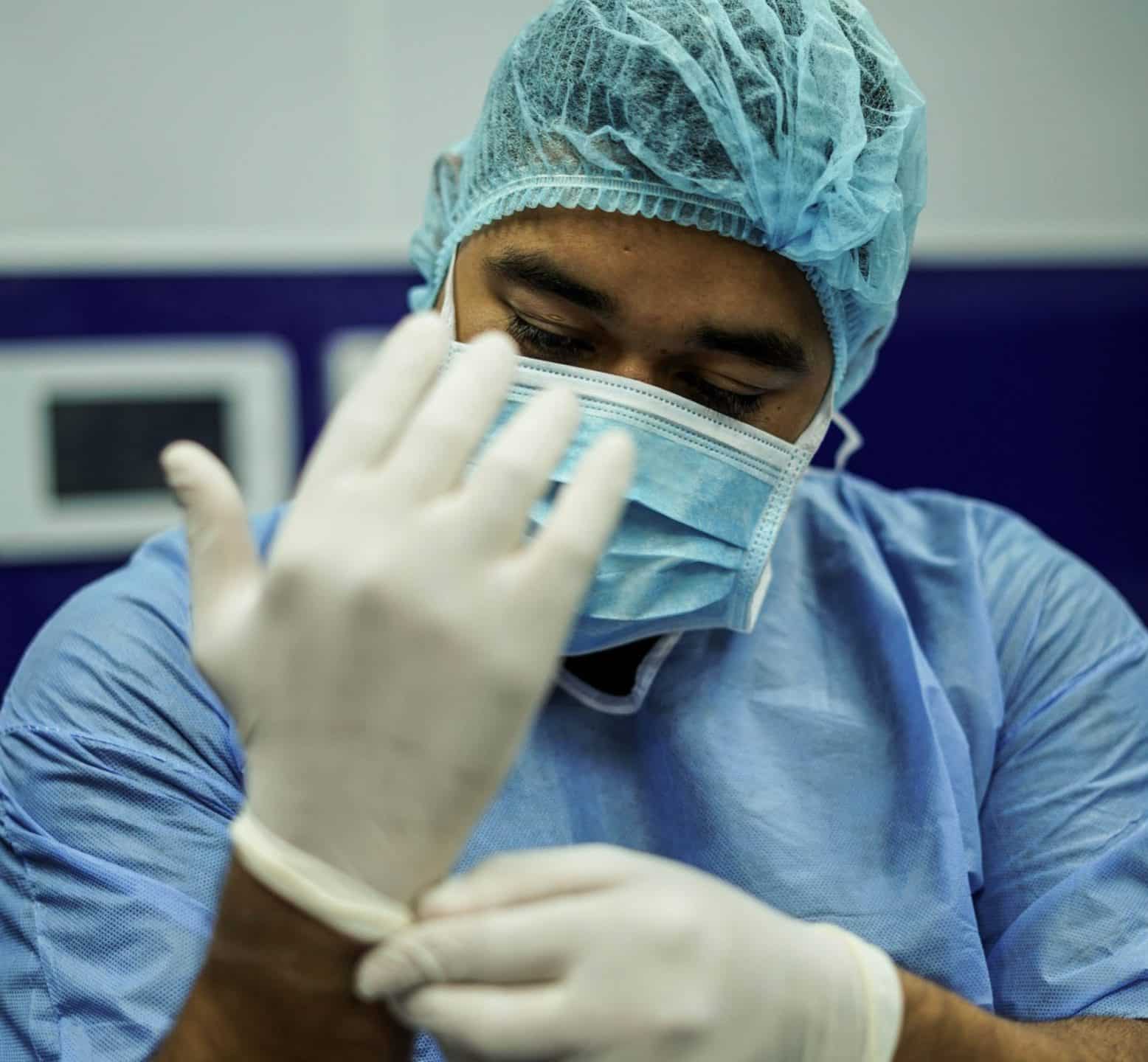In a recent decision, the Supreme Court of Canada upheld a trial judge’s decision to award $1.3 million to a woman who suffered injuries as a result of a surgery. The appeal to the highest court in Canada focused on the standard of care that a medical professional owes to their patient. This decision upheld the legally recognized definition of standard of care applied to all medical professionals in Canada.
ARMSTRONG v. WARD
The plaintiff, Karen Armstrong (“Armstrong”), underwent a colectomy (a surgical procedure to remove her colon). Following the procedure, she developed post-operative difficulties, including abdominal pain and a pulling sensation. Upon further investigation, it was discovered that her left ureter was blocked by scar tissue. This blockage damaged her left kidney, thus requiring surgery for the removal of her left kidney.
Armstrong sued her surgeon, Dr. Colin Ward, along with the hospital and three other physicians. Armstrong’s lawsuit proceeded to trial only against Dr. Ward alleging that he was negligent by either touching her left ureter with the cauterizing device or bringing the device too close to the ureter resulting in injury.
At trial, the judge favored Armstrong’s position that Dr. Ward breached his standard of care by failing to avoid direct contact or close proximity to Armstrong’s ureter with the cauterizing device while performing surgery. It was concluded that this breach of the standard of care caused Armstrong’s injuries.
Dr. Ward appealed this decision and the Ontario Court of Appeal determined that the trial judge erred in law in applying the standard of care. The majority of the judges on appeal found that the trial judge held the defendant to a standard of perfection rather than a standard of reasonable care and therefore overturned the trial judge’s decision.
Armstrong’s case proceeded before the Supreme Court of Canada earlier this year. The Supreme Court allowed Armstrong’s appeal and relied upon the reasons of the dissenting opinion by Justice Katherine van Rensburg from the Ontario Court of Appeal.
Justice van Rensburg found that the trial judge’s decision regarding the standard of care was supported by the evidence at trial. She stated in her reasons:
Based on the evidence, the trial judge did not hold Dr. Ward to a standard that was higher than could reasonably be expected of an “average reasonable prudent practitioner” performing a colectomy where no complicating features were present. The trial judge’s conclusion that a reasonably competent surgeon would have stayed two millimetres away from the ureter is fully supported by the evidence. … On the evidence, this was a breach of the standard of care.
One of the most challenging elements that the plaintiff needs to prove in medical malpractice cases is whether the health professional’s care fell below the applicable standard of care.
This latest decision by the Supreme Court of Canada confirms that the standard of care has not changed in Canada and it is incumbent upon the plaintiff to prove that the defendant failed to act in accordance with what would be expected of a reasonably prudent, similarly qualified medical professional in the same circumstances.
WHAT IS MEDICAL MALPRACTICE?
Medical malpractice can be defined as an act or omission by a healthcare professional during the treatment of a patient that deviates from accepted standards of practice in the medical community and causes an injury or illness to the patient.
The following elements are requirements of a medical malpractice claim in Canada:
- Duty of Care: There must be a patient-physician relationship in which a health care professional owed a duty of care to the patient.
- Standard of Care: It must be proven that the health care professional fell below the standard of care expected of a reasonable, similarly qualified medical professional.
- Foreseeability: The injuries that the patient suffered were reasonably foreseeable.
- Causation: The health care professional’s behaviours were the proximate cause of the injury.
- Substantial Damages: The patient suffered compensable damages (i.e. lost wages, loss of quality of life, disability and disfigurement, pain and suffering).
If medical negligence can be can be proven, an injured plaintiff is entitled to full compensation for his/her injury. This may include past and future income loss, modifications required to the plaintiff’s home, attendant care expenses, medical and rehabilitation services, educational and vocational expenses, transportation expenses, medication, medical equipment and supplies and any other expenses incurred as a result of the injuries.
MEDICAL MALPRACTICE LAWYERS CAN HELP
Deciding whether to commence a medical malpractice lawsuit is a difficult decision. It requires weighing the potential costs and financial risks against the potential awards. It is obviously not a decision that should be made without careful consideration.
Choosing the right personal injury lawyer is the first step in the difficult process of commencing the medical malpractice lawsuit. A law firm that specializes in medical malpractice law will be able to contact a team of medical experts to help you present your case and can make a difference in the eventual outcome of your case.
At Cuming & Gillespie LLP, we can assemble a team of legal and medical experts to ensure that you put forth the strongest case and receive the compensation you are entitled to.
With over 20 years of experience, the lawyers at Cuming & Gillespie LLP have handled many different types of medical malpractice claims, and have the experience and knowledge to evaluate your case and help you decide whether you should pursue a claim. Call us at 403-571-0555 or online today to book a free consultation.

